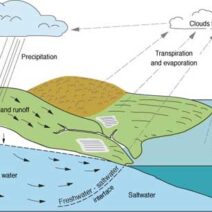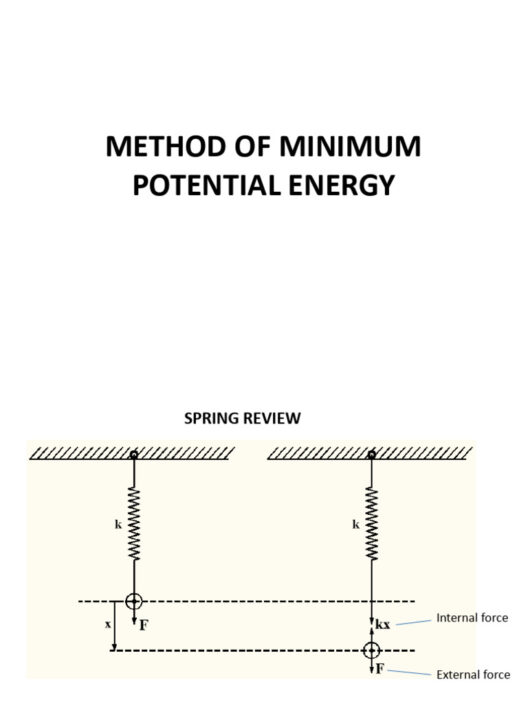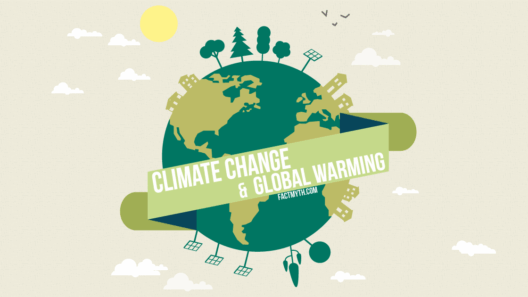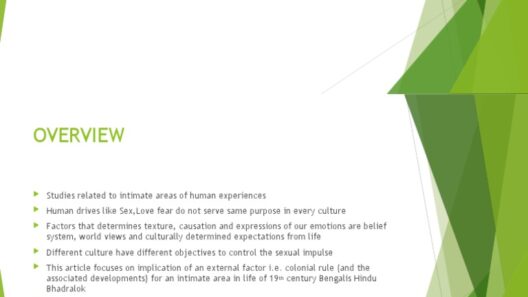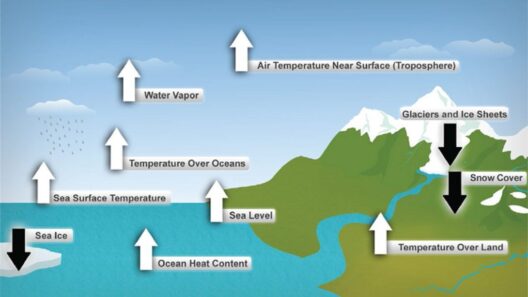In recent years, the intersection of faith and environmental stewardship has gained prominence, compelling a dialogue on how sacred texts, particularly the Bible, inform our understanding of climate change. This exploration delves into the biblical perspectives on stewardship, creation care, and the ethical imperatives that arise from scriptural teachings, providing insights into how faith can guide actions toward addressing environmental crises.
The Concept of Stewardship in the Bible
Stewardship is a foundational concept rooted in the biblical narrative. The Book of Genesis illustrates this notion explicitly with the creation account, depicting humanity as caretakers of the Earth. In Genesis 1:26-28, God grants humanity dominion over the earth, emphasizing not exploitation but stewardship. This divine mandate conveys responsibility, positioning humans as guardians entrusted with the well-being of creation.
Further, the parable of the talents (Matthew 25:14-30) exemplifies the expectation that we wisely manage our resources. The talents represent not merely financial wealth, but also the natural resources and ecosystems entrusted to our care. An intention to preserve rather than squander aligns with both spiritual and environmental mandates.
The Theology of Creation Care
The Bible underscores the intrinsic value of creation. Psalm 104 celebrates the intricacies of the natural world, illustrating God’s handiwork in every creature, from the majestic lions to the tiniest insects. This theological underpinning provides a robust framework for creation care. It suggests that by harming the environment, humanity disrupts the harmonious designs intended by the Creator.
Additionally, in Romans 8:19-22, the Apostle Paul speaks to the groaning of creation, awaiting redemption. This anthropocentric viewpoint implies that human actions can either contribute to or alleviate the suffering of the natural world. The biblical narrative, thus, calls for an ecological conscience rooted in the acknowledgment that all creation is interconnected.
Ethical Imperatives Related to Climate Change
From a faith-based perspective, ethical imperatives regarding climate change emerge from the Scriptures. The Biblical injunction to love one’s neighbor (Mark 12:31) extends beyond interpersonal relationships to encompass future generations. Climate change disproportionately impacts vulnerable communities, often exacerbating poverty and inequality. This juxtaposition raises the moral imperative to act not only for ourselves but also for those who will inherit the Earth.
The Jubilee Year, as described in Leviticus 25, presents a striking model for environmental ethics. The practice of allowing the land to rest every seventh year emphasizes sustainability. This ancient principle aligns with modern agricultural practices that promote ecological balance. Effective stewardship must account for the needs of the land and the health of ecosystems, which in turn nurtures communities.
Prophetic Voices and Creation Justice
Throughout the Bible, prophets serve as voices calling out against injustices, emphasizing the moral responsibilities toward the less fortunate and the environment. The prophetic literature, particularly in books such as Isaiah and Jeremiah, communicates God’s concern for creation. The establishment of justice directly correlates with ecological integrity, suggesting that care for the Earth aligns with social justice. Environmental degradation often intersects with social injustices, thus the narrative of creation justice emerges clearly.
This intersection has sparked movements within faith communities advocating for climate action. Organizations and congregations are increasingly recognizing the urgency of climate issues, discerning their roles in a broader theological mandate to protect the planet as God’s creation.
The Role of Faith Communities in Climate Action
Faith communities are uniquely positioned to mobilize collective action on climate issues. The communal aspect of faith can galvanize efforts toward sustainability, encouraging practices such as renewable energy adoption, conservation initiatives, and ecological education. By embedding environmental care into spiritual teachings, churches and organizations foster a culture of responsibility that resonates with congregants.
Moreover, interfaith collaborations can amplify these efforts. Diverse religious traditions, despite varying theological approaches, converge around the acknowledgment of our shared stewardship duties. This unity enhances collective impact, often resulting in comprehensive climate action strategies that transcend individual beliefs.
The Hope of Redemption
Ultimately, the biblical narrative offers hope and redemption. Revelation 21:1 speaks of a new heaven and a new earth, where creation is restored. This vision propels believers to engage proactively in environmental stewardship. The concept of redemption extends beyond spiritual salvation to encompass ecological restoration, a holistic understanding of salvation that is both spiritual and environmental.
As the climate crisis intensifies, faith communities are called to embody this hope through tangible actions. Advocating for stringent policies, supporting sustainable practices, and investing in community resilience reflects a commitment to creation care. The biblical mandate is clear: the health of our planet intertwines with our faith journey.
Conclusion
The Bible, with its profound teachings on stewardship, justice, and creation care, provides an essential framework for understanding and addressing climate change. Faith-based perspectives compel believers to engage deeply with environmental issues, advocating for holistic approaches that prioritize the well-being of the Earth and its inhabitants. By grounding our actions in scripture, we can forge a path toward a sustainable future, ensuring that the legacy we pass on is one of care, respect, and harmony with God’s creation.

